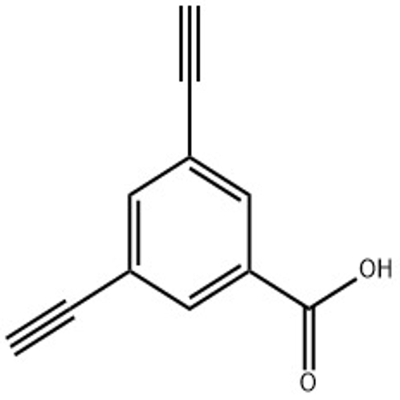-
Categories
-
Pharmaceutical Intermediates
-
Active Pharmaceutical Ingredients
-
Food Additives
- Industrial Coatings
- Agrochemicals
- Dyes and Pigments
- Surfactant
- Flavors and Fragrances
- Chemical Reagents
- Catalyst and Auxiliary
- Natural Products
- Inorganic Chemistry
-
Organic Chemistry
-
Biochemical Engineering
- Analytical Chemistry
-
Cosmetic Ingredient
- Water Treatment Chemical
-
Pharmaceutical Intermediates
Promotion
ECHEMI Mall
Wholesale
Weekly Price
Exhibition
News
-
Trade Service
The global chemical industry plays a crucial role in driving economic growth and innovation.
One of the key components of this industry is the production of various chemical compounds, which are used as raw materials or intermediates in the manufacturing of a wide range of products.
One such compound is 2-(Trifluoromethyl)-3-pyridinemethanol, also known as 2,3-TMP.
2,3-TMP is a versatile organic compound that has a wide range of applications in various industries.
In the pharmaceutical industry, it is used as an intermediate in the production of certain drugs.
It is also used in the production of agrochemicals, where it serves as a vital component in the synthesis of various herbicides and pesticides.
Additionally, 2,3-TMP is used in the production of cosmetics and personal care products, where it is used as a preservative and a fragrance ingredient.
In recent years, the demand for 2,3-TMP has been steadily increasing, driven by the growing demand for various chemical products.
This trend is expected to continue over the next few years, as the chemical industry continues to grow and expand.
As a result, the production of 2,3-TMP has become a significant economic driver in many regions of the world, particularly in countries with well-developed chemical industries, such as China and the United States.
In order to meet the growing demand for 2,3-TMP, a number of chemical companies have invested in the production of this compound.
These companies produce 2,3-TMP through a multi-step process that involves the use of various chemical reactions and purification techniques.
The production process is highly technical and requires specialized equipment and expertise.
As a result, the production of 2,3-TMP is generally concentrated in regions with a highly developed chemical industry and a skilled workforce.
The production of 2,3-TMP also has downstream implications for the chemical industry.
The compound is used as a raw material in the production of various other chemicals, which in turn are used in the production of a wide range of products.
For example, 2,3-TMP can be converted into other organic compounds, which are used in the production of plastics, fibers, and other synthetic materials.
Additionally, 2,3-TMP can be converted into other chemical intermediates, which are used in the production of pharmaceuticals, agrochemicals, and other chemical products.
Overall, 2,3-TMP is a key component of the chemical industry, with a wide range of applications in various industries.
Its demand is expected to continue to grow in the coming years, driven by the increasing demand for chemical products in various industries.
As a result, the production of 2,3-TMP is likely to remain a significant economic driver in many regions of the world for the foreseeable future.







